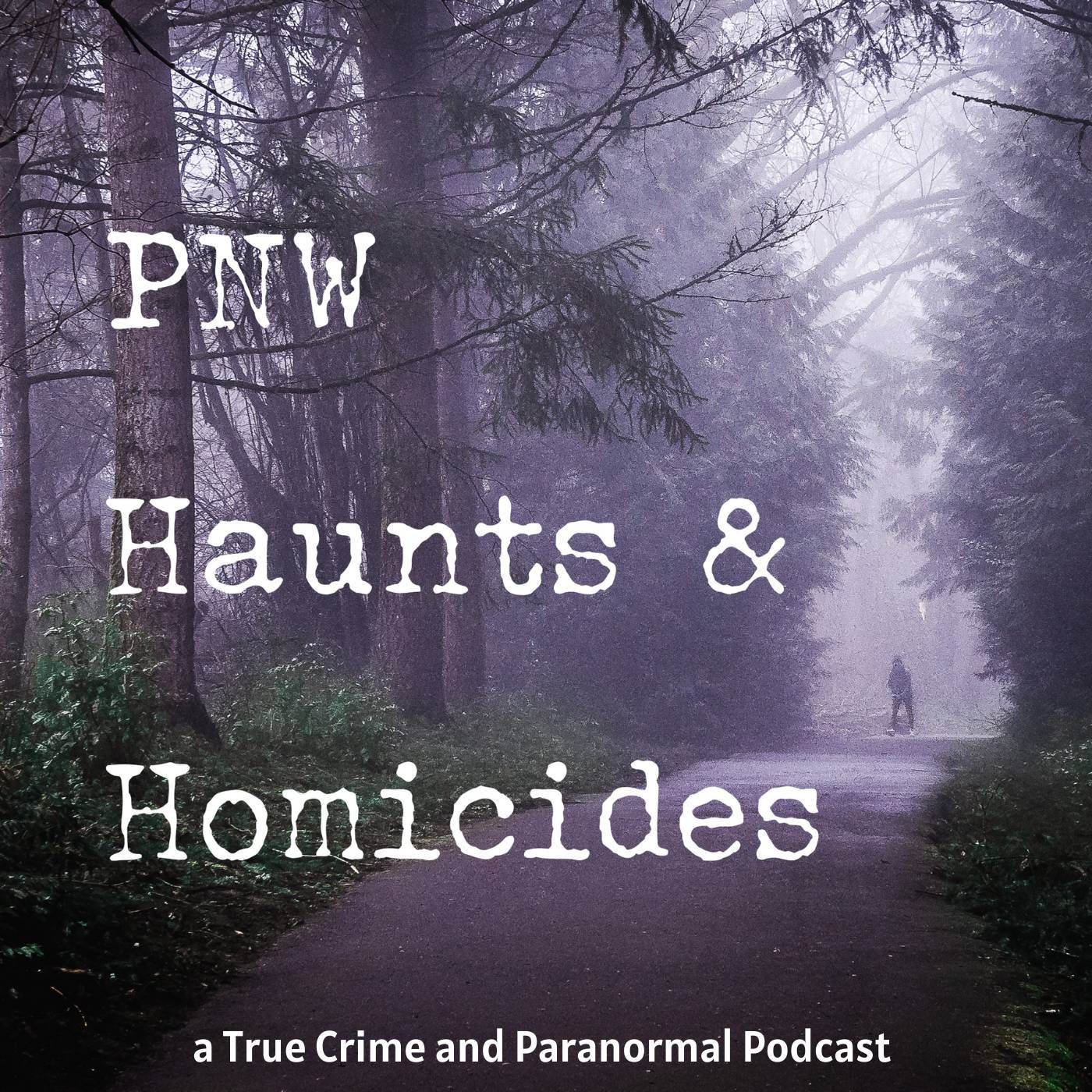LGBTQ+ Hate Crimes: Doodler Serial Killer

Introduction
In the wake of the horrific shooting at Pulse Nightclub in Orlando, it's more important than ever to address the issue of hate crimes against LGBTQ+ individuals. This blog post will explore the broader context of hate crimes against LGBTQ+ individuals, highlighting the historical pattern of underreporting, inadequate investigation, and societal biases that have allowed such crimes to go unaddressed.
Underreporting and Inadequate Investigation
LGBTQ+ hate crimes are often underreported for a number of reasons. Victims may be afraid to come forward to law enforcement due to fear of discrimination or retaliation. They may also be reluctant to report crimes that are not taken seriously by the police.
In addition, law enforcement agencies often lack the training and resources to properly investigate hate crimes. This can lead to cases being misclassified or mishandled, which further discourages victims from coming forward.
Societal Biases and Homophobia
The underreporting and inadequate investigation of LGBTQ+ hate crimes is often rooted in societal biases and homophobia. These biases can lead to the dismissal of hate crimes as "relationship disputes" or "lifestyle choices." They can also make it difficult for LGBTQ+ victims to get justice.
The Case of the Doodler Homicides
The case of the Doodler Homicides is a tragic example of the historical neglect of LGBTQ+ hate crimes. Between 1974 and 1975, a serial killer known as the "Doodler" murdered at least five men in San Francisco. The victims were all gay men, and many of them were found with evidence of sexual assault.
Despite the obvious evidence of a hate crime, the police initially dismissed the case as a series of unrelated murders. It was not until years later that the case was finally reopened and reclassified as a hate crime.
The Importance of Visibility and Advocacy
The case of the Doodler Homicides highlights the importance of visibility and advocacy for LGBTQ+ hate crimes. By speaking out about these crimes, we can help to raise awareness and put pressure on law enforcement to take them seriously.
We must also work to create a more inclusive society where LGBTQ+ individuals are not targeted for violence and discrimination. This means challenging homophobia and transphobia in all its forms, and supporting organizations that work to protect LGBTQ+ rights.
What Can We Do to Address LGBTQ+ Hate Crimes?
There are a number of things that we can do to address LGBTQ+ hate crimes:
- Report hate crimes. If you are a victim of a hate crime, it is important to report it to the police. You can also report hate crimes to the FBI or the Southern Poverty Law Center.
- Educate yourself and others about hate crimes. The more people who are aware of hate crimes, the more likely we are to prevent them from happening.
- Challenge homophobia and transphobia. Speak out against homophobia and transphobia in all its forms. This means calling out hateful speech, supporting LGBTQ+ rights, and creating a more inclusive society.
- Support organizations that work to protect LGBTQ+ rights. There are many organizations that work to protect LGBTQ+ rights, including the Human Rights Campaign, the National LGBTQ Task Force, and the Gay and Lesbian Alliance Against Defamation (GLAAD).
Conclusion
LGBTQ+ hate crimes are a serious problem, but they are often underreported and inadequately investigated. This is due to a number of factors, including societal biases and homophobia. By speaking out about these crimes and challenging homophobia and transphobia, we can help to create a more inclusive society where LGBTQ+ individuals are not targeted for violence and discrimination.
To learn more about this topic, please listen to our podcast episodes on the Doodler Homicides: Episode 7: Doodoodler Homicides #1 and Episode 8: Doodoodler Homicides #2.










